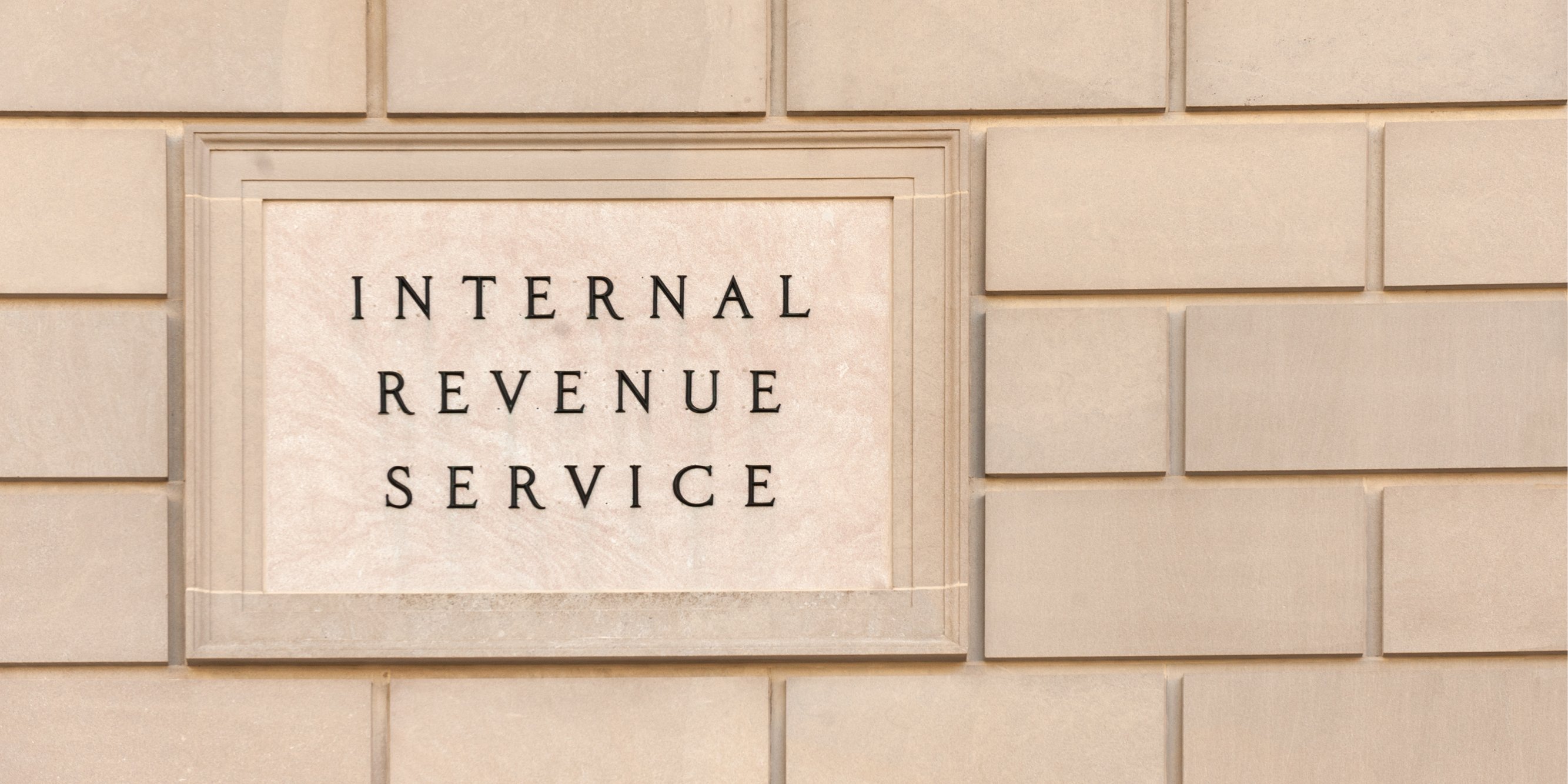
Inherited an IRA? Here's What You Need To Know
Ever since the SECURE Act passed in 2019, there has been a certain amount of confusion over the effects it would have on taking distributions from an inherited IRA. The answer is finally here.
Here’s the backstory:
The SECURE Act effectively eliminated the Stretch IRA technique, which had allowed beneficiaries to stretch their required minimum distributions (RMDs) from an inherited retirement account over their life expectancy. Instead, the new law said IRA beneficiaries of owners who died in 2020 or later would have to liquidate those accounts within 10 years of the death of the owner. Surviving spouses, minor children of the IRA owner, disabled beneficiaries and others (referred to as Eligible Designated Beneficiaries, or EDBs) are exempt from these new rules, but most other beneficiaries will now require some additional planning.
The IRS has now confirmed that many non-EDBs also have to take RMDs from their inherited IRAs during the first nine years after the owner’s death, assuming the owner was subject to their own required minimum distributions before passing. While the IRS chose to waive penalties for those who skipped these RMDs for 2021 through 2024, those waivers will end with 2024. As a result, non-EDBs will be required to take RMDs beginning in 2025, in addition to following the new 10-year rule. If beneficiaries fail to take RMDs beginning in 2025, a penalty of 25% on the missed distribution amount will be assessed.
What this means for IRA beneficiaries:
While the last few years have allowed some beneficiaries to skip their RMDs and let their inherited IRAs continue to grow on a tax-deferred basis, the window to deplete the account may be significantly shortened. This is especially true for non-EDBs who inherited the account in 2020, as these beneficiaries will only have five more years after 2025 to spread out their account distributions and pay the resulting tax on that income.
It's also worth noting that the required minimum distribution amounts are based on the beneficiary’s age and the Single Life Expectancy table published by the IRS. While this calculation is intended to spread the distributions over the beneficiary’s life expectancy, the account must still be depleted within ten years. As a result, a beneficiary may be able to take smaller distributions over the first nine years but be left with a significantly larger distribution in the tenth and final year. This last distribution could end up creating a much larger than expected tax liability.
These confirmed changes from the IRS require thoughtful planning with your Baird Financial Advisor, who can support you in finding the right combination of strategies that support your overall goals and wealth plan.
As the primary beneficiary of the IRA, are you any of the following?
- A surviving spouse
- A person with a disability or chronic illness
- A minor child of the decedent
- Less than 10 years younger than the decedent
-
Yes ▼The new 10-year rule does not apply to you - you can still utilize the stretch technique.
-
No ▼See next question.
Did you inherit the IRA in 2019 or earlier?
-
Yes ▼The new 10-year rule does not apply to you - you can still utilize the stretch technique.
-
No ▼The new ten-year rule applies to you. See next question for more details.
Did you inherit the IRA from someone already required to take RMDs?
-
Yes ▼The IRS requires you to take RMDs for the next nine years and fully deplete the account at the end of the tenth year.
-
No ▼You're not subject to RMDs, but still need to fully deplete the account by the end of the tenth year.
Note: This article was originally published in November 2022 and was updated in March 2025.
The information offered is provided to you for informational purposes only. Robert W. Baird & Co. Incorporated is not a legal or tax services provider and you are strongly encouraged to seek the advice of the appropriate professional advisors before taking any action. The information reflected on this page are Baird expert opinions today and are subject to change. The information provided here has not taken into consideration the investment goals or needs of any specific investor and investors should not make any investment decisions based solely on this information. Past performance is not a guarantee of future results. All investments have some level of risk, and investors have different time horizons, goals and risk tolerances, so speak to your Baird Financial Advisor before taking action.


